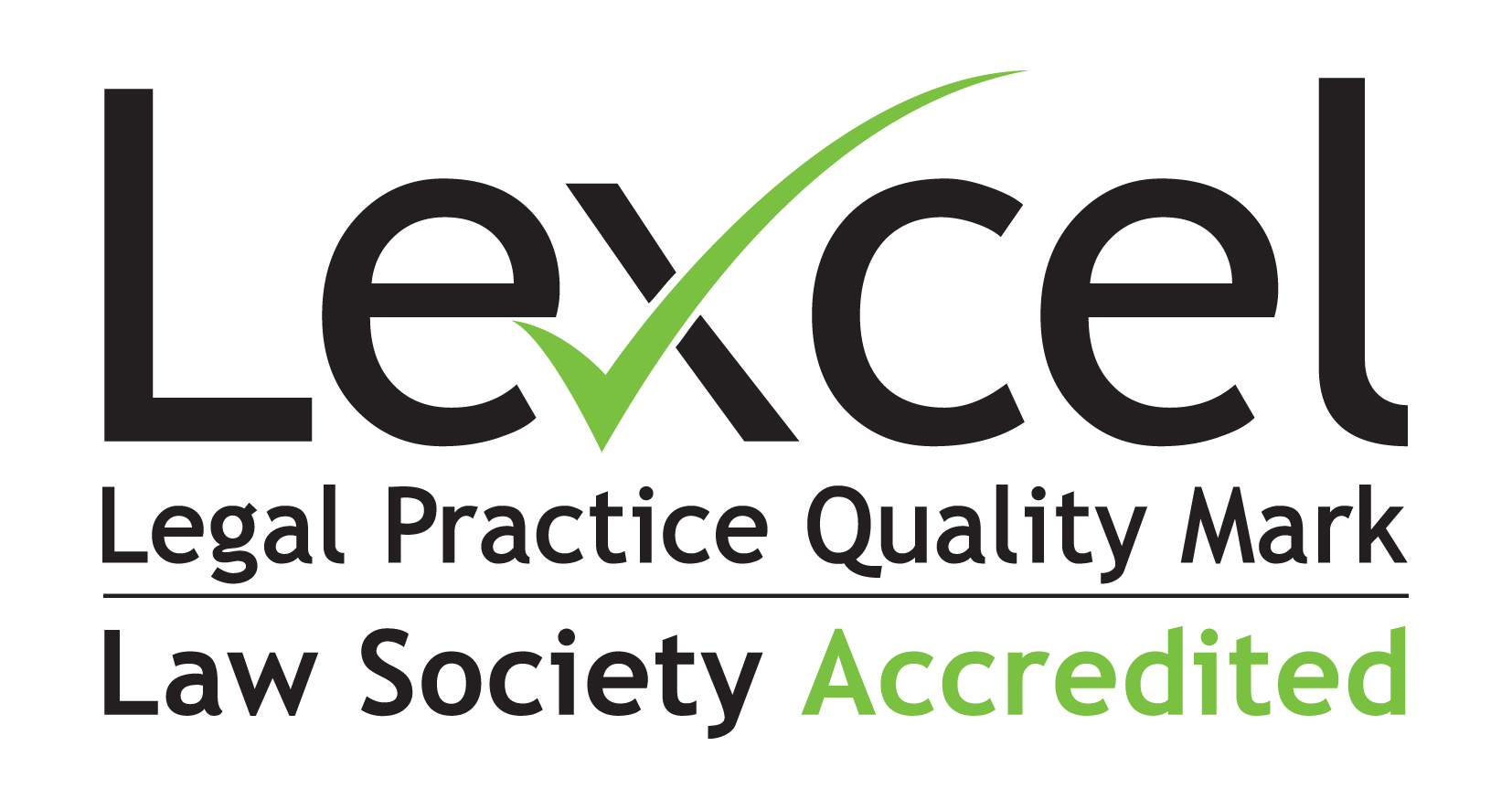- Home >
- Wills & Living Wills >
- Joint Owners
Joint Owners
Joint owners either own property as beneficial joint tenants or as tenants in common- the choice is yours. What’s the difference? In either case, you both need to sign to sell, let or mortgage the property. The differences come in if you fall out, or if one of you dies.
1. Joint Tenants:
Technically, the whole of the property is owned by you both, equally. If one owner dies, their share passes automatically to the other, regardless of what their will says. This is the common way for married couples to own houses. The survivor just needs to produce the death certificate and the house, with any mortgage, is theirs. If you both die, perhaps in the same accident, then the house will pass under the will of whoever lived longest, by no matter how short a period. If there is no will, then the house passes to the survivor’s family.
2. Tenants in Common:
This means that the property is owned by you both in distinct, not necessarily equal, shares. The individual owners can control what happens to their share on death. This may mean the survivor does not inherit the rest of house and has to come to some agreement with the family of their co-owner.
You can create trusts in your will which allow your co-owner to use your half of the house for the rest of their life, but make sure that on their death it passes to your children. Your share can be protected by using trusts from nursing home fees, second marriages, bankruptcy or stepchildren. Trusts can be used to save inheritance tax, providing your share in the property passes under your will.
You may decide to own the property in unequal shares, to protect a greater contribution by one party or to equalise your estates for tax reasons. You can enter into a living together agreement to decide what should happen to the house if you split up, or that the mortgage will be paid by one of you and come out of their share when the house is sold.
In either case it is sensible to have a will. You don’t want your share in the house passing to one person and the insurance you’ve taken out to pay the mortgage going to some-one else. If you would like further advice or information, speak to us.







